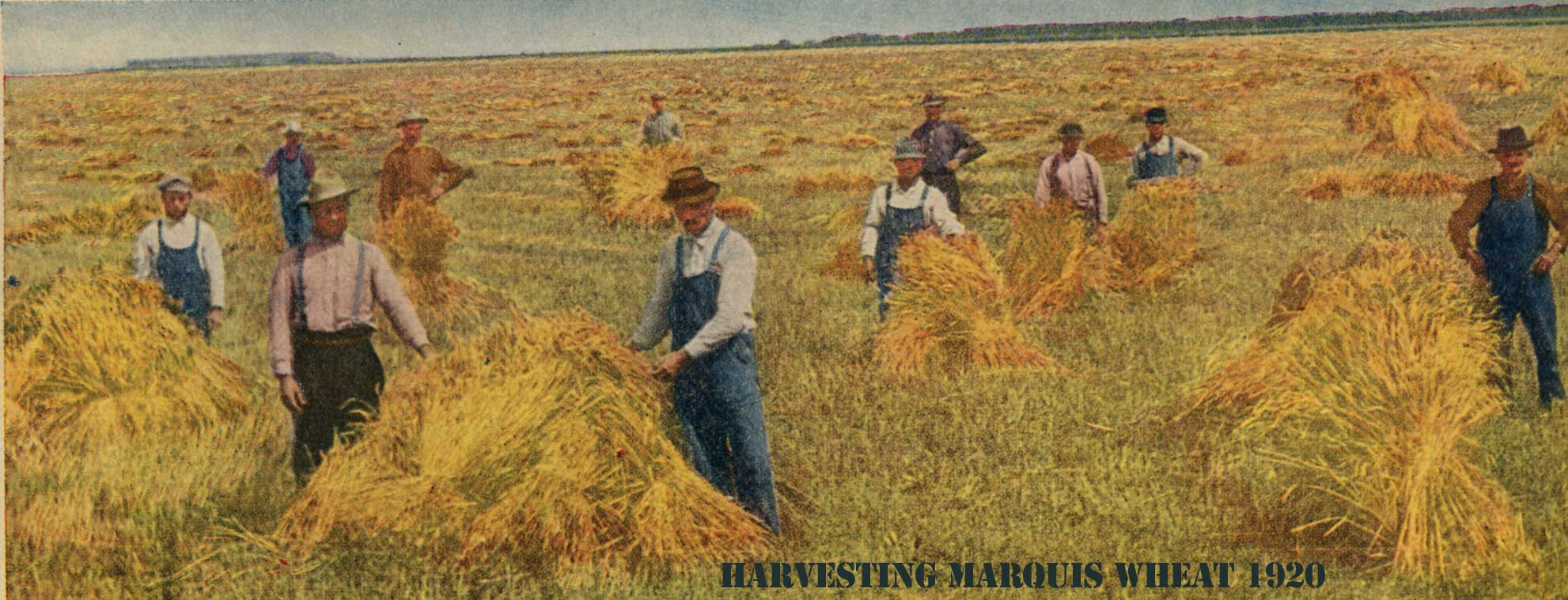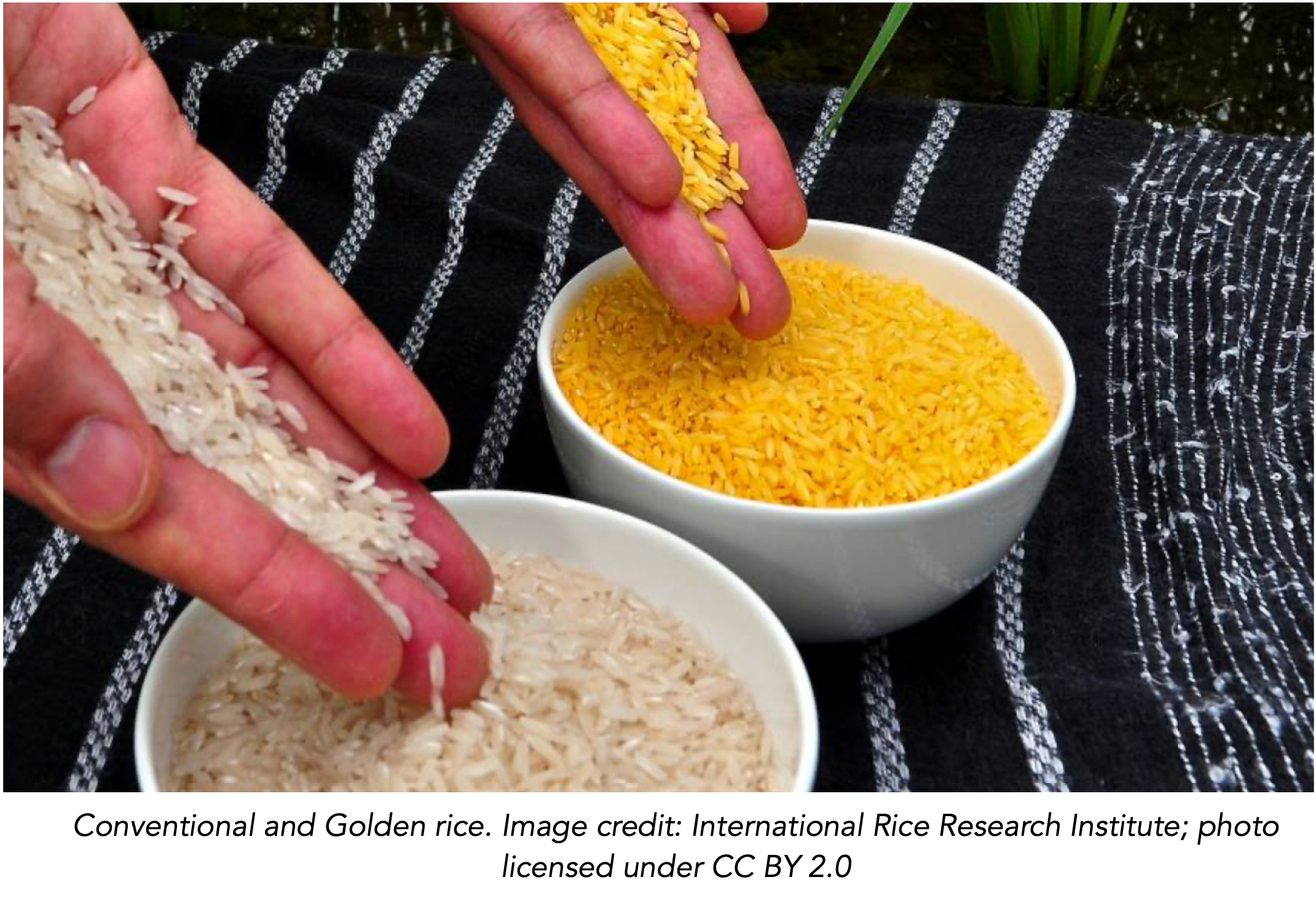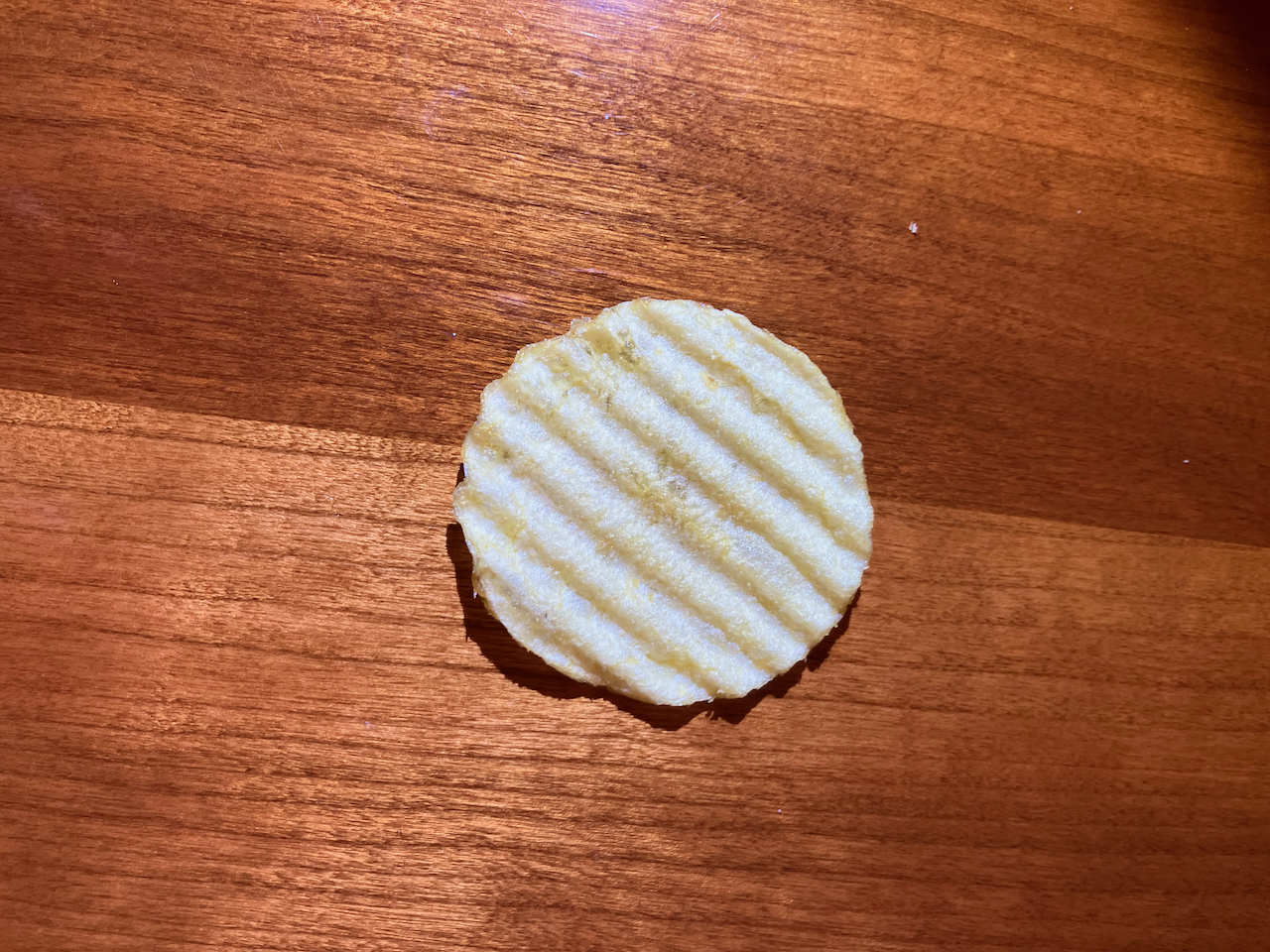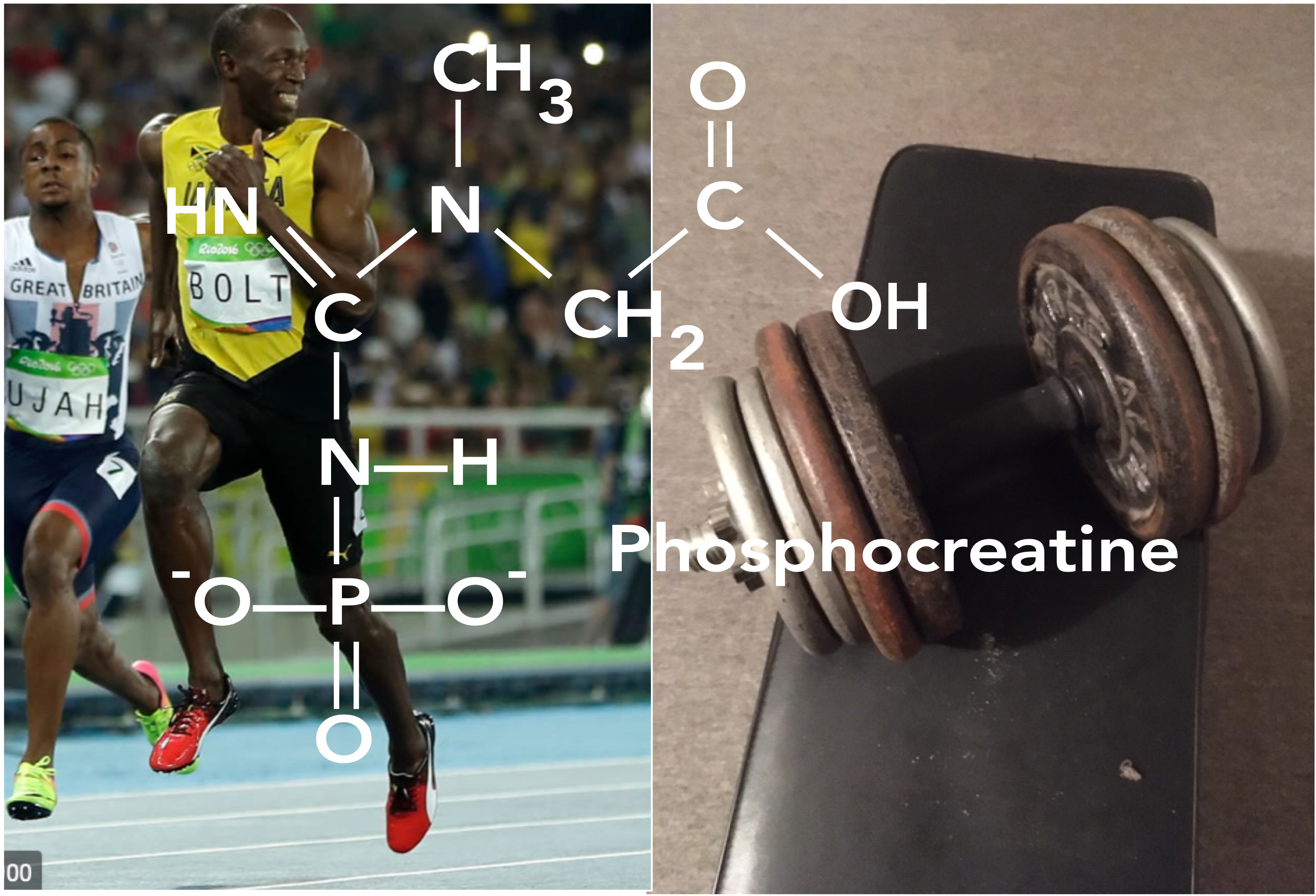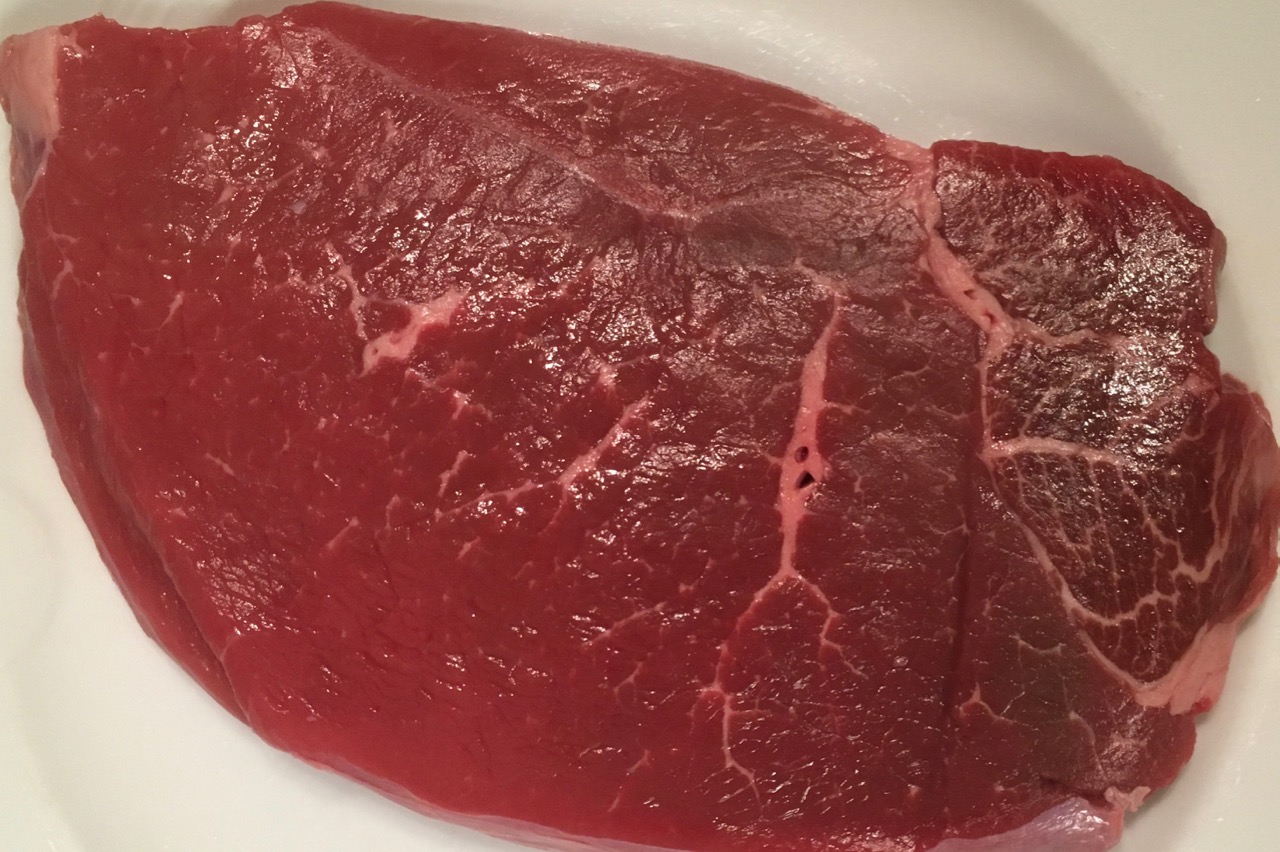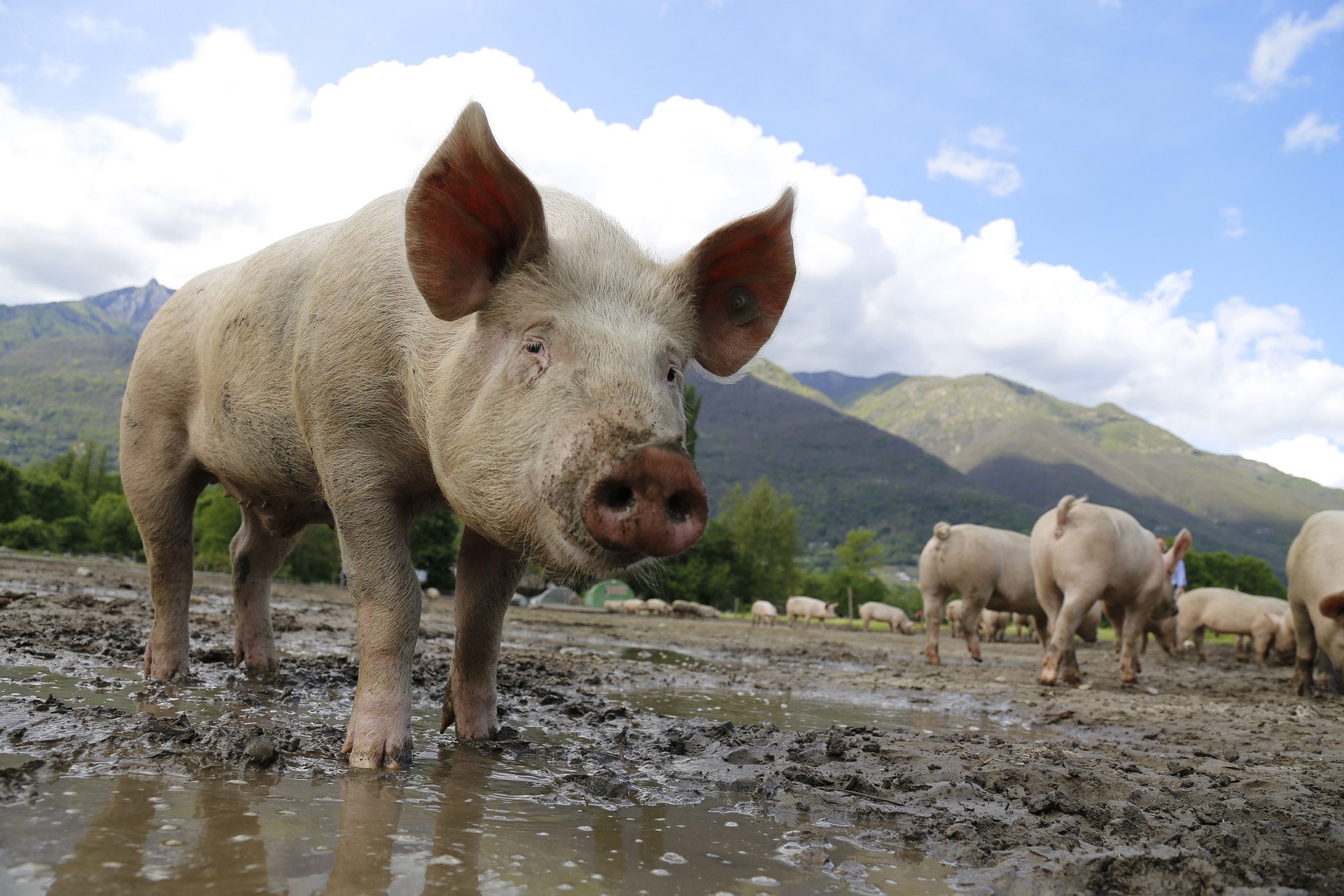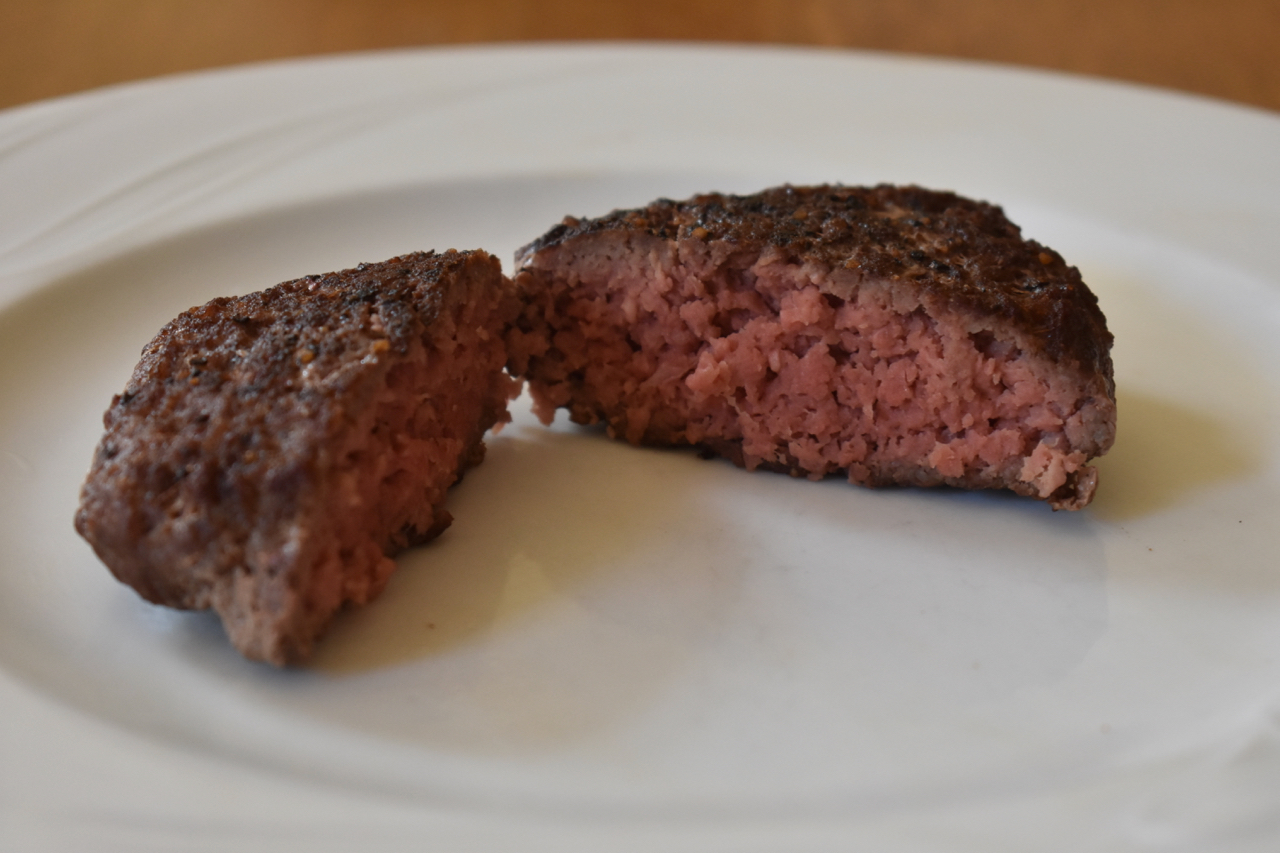The important micronutrient Vitamin A
The first vitamin deficiency was identified toward the end of the 19th century by Dutch medical scientists in the Dutch East Indies, today’s Indonesia. They discovered that a lack of the vitamin we call thiamin, or vitamin B1, caused beriberi, a deadly neurological disease. More vitamins were discovered subsequently, and by 1950 there was a list of 13 that are essential for humans. One of these, the ‘fat-soluble’ vitamin A, proved to be an ‘anti-infective’ agent; it reduced infections in new mothers.… Read the rest “Struggling with vitamin A deficiency”
